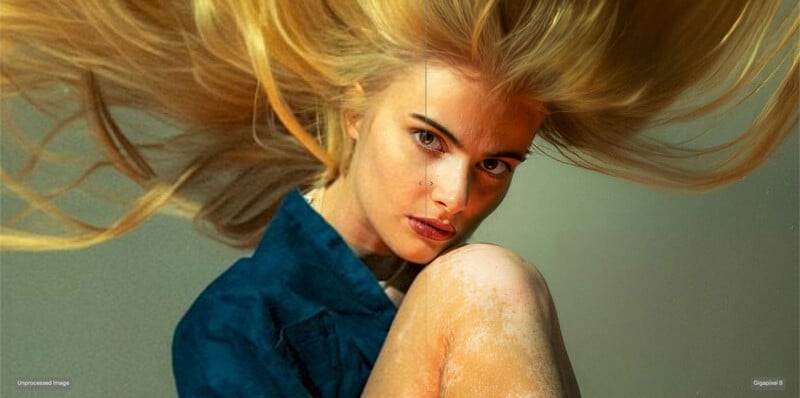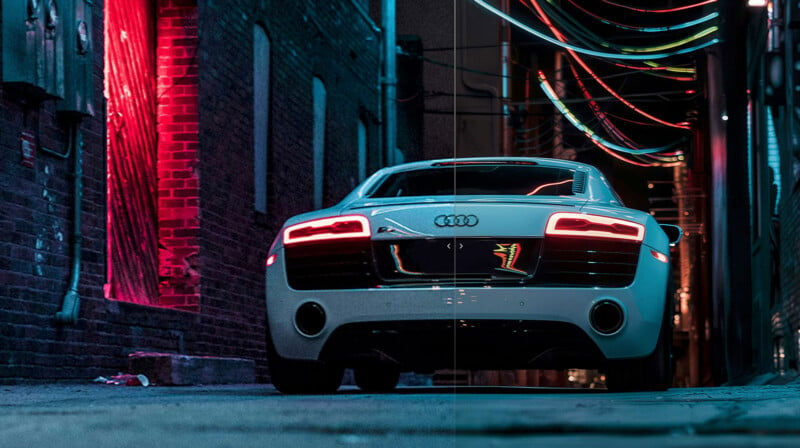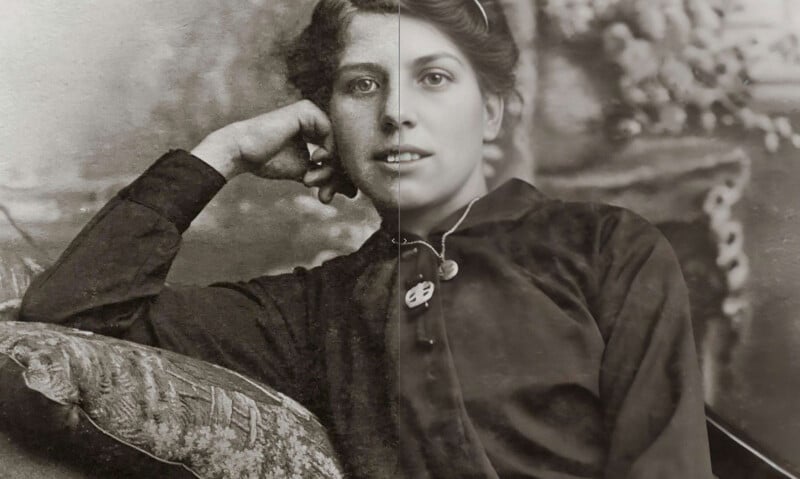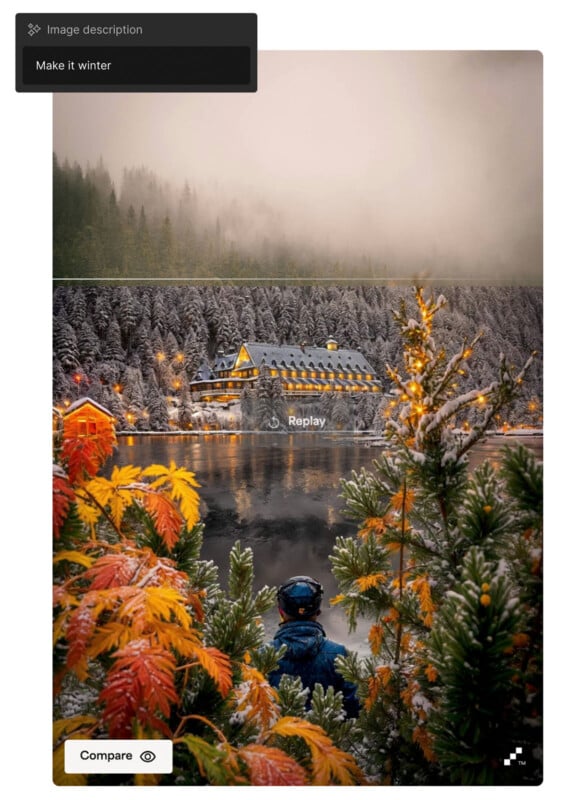Upscaling App Gigapixel 8 Leans Heavily Into Using AI to Repair Pixelated Photos
![]()
Like its predecessor, Topaz Labs’ new Gigapixel 8 application uses artificial intelligence (AI) to intelligently upscale photos. Version 8.0 takes it up a notch by using AI to sharpen images further.
Gigapixel 8 can upscale and enhance any image to 16 times its original size, ensuring photographers can create huge prints, even if a photo was shot at low-resolution or with an old camera.


The software’s upscaling model is trained on millions of diverse photos to ensure that each image is properly upscaled, with pixels being added where they make sense to maintain a sharp, realistic-looking final (much larger) photo.
Beyond using this to increase the size and resolution of modern digital photographs, Gigapixel 8 also includes tools specifically for restoring images using the same artificial intelligence technology that underpins upscaling. With a new Recover model, users can restore missing detail in old photos and scans.

This sort of AI is also used in Face Recovery Gen2, which identifies faces in images to reveal lost details in the faces of portrait subjects, including clearing away pixelation, dust, and distractions. Topaz Labs says that Face Recovery Gen2 offers a more realistic output ahn its predecessor, including better performance with people wearing glasses and when dealing with people’s teeth.
![]()
There are two options here, Creative and Realistic, which provide users more control over the final output. As the name suggests, Creative uses more generative AI, while Realistic relies more heavily on an image’s existing pixels.
This same generative AI technology is also featured in an all-new Redefine model within Gigapixel 8. While many users may only want to use Gigapixel 8 to upscale and clean up their pictures, others may want to change the nature of their photos altogether. Redefine lets users choose between recovering low-res or blurry images or changing the images themselves.

Photographers can add natural detail to an image, like texture or reflections, or augment the entire scene using text-prompt input. For example, a photographer could take a landscape shot in the summer or fall and have Gigapixel 8 “make it winter,” adding snow to the scene.
Gigapixel 8 also introduces new workflow enhancements. Prior versions relied on local processing using a person’s computer. However, with Gigapixel 8, users can take advantage of cloud rendering for specific tasks, including those that rely upon generative AI like Recover and Redefine.
Pricing and Availability
Topaz Labs Gigapixel 8 is available now for $99. The software works as a standalone app for macOS and Windows or as a plug-in for Adobe Photoshop and Lightroom Classic. Purchases include one year of free updates, although beyond that, users will need to “subscribe” again to receive updates for $64. The application itself is a lifetime purchase.
Image credits: Topaz Labs